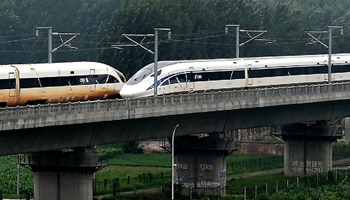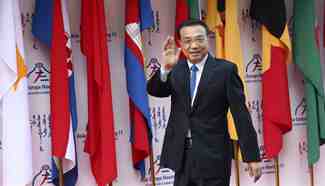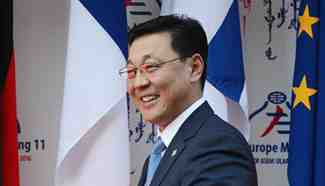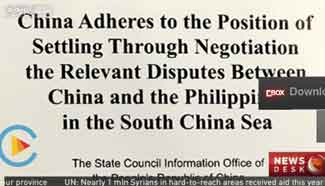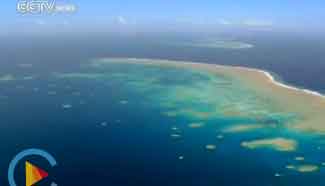by Raimundo Urrechaga
HAVANA, July 15 (Xinhua) -- Nearly a year has passed since Cuba and the United States decided to formally re-establish diplomatic relations after more than 50 years of enmity and political confrontation.
In the last 12 months both nations started a historic rapprochement toward the normalization of their ties marked by ground-breaking cooperation agreements, steady political talks on thorny issues and a significant visit to Havana by U.S. President Barack Obama in March.
The new scenario has led to intense agenda of high-level meetings in both countries as well as over 10 cooperation agreements in areas like aviation, environment, maritime security, agriculture and health, among others.
"The step to re-establish relations was significant because it clears the way for further development. The importance of this process is that dialogue and negotiation won over 50 years of conflict and hostility," Jesus Arboleya, a prominent international relations professor at the University of Havana, told Xinhua.
The U.S.-Cuba detente has rapidly advanced in areas where both countries agree on or have common interests. However other topics have been barely touched upon over the last year.
Havana's demand for a complete lifting of the economic and financial blockade is yet to be addressed, making it a major roadblock toward the normalization of relations.
In addition, the U.S. House of Representatives has recently rejected motions to allow U.S. citizens to freely travel to Cuba or give the green light to free trade of agricultural products with the Caribbean nation.
It even approved sanctions that intensify the embargo and hamper people-to-people contacts, revealing the contradictions Washington has when it comes to its Cuba policy.
"The blockade represents an absolute anomaly as it's a Cold War policy, something that Obama has said is part of the past," said the expert.
Another bristly issue over the last year has been the return of Guantanamo Bay, which has been insisted by Havana for further normalization of ties.
The U.S. military base there was first established in 1902 as part of an agreement with the Cuban government and its main purpose was to supply goods to U.S. military ships around the Caribbean.
However, today it has become a controversial U.S. jail where alleged terrorists from all over the world are held indefinitely on debatable judicial grounds.
"The base is on Cuban soil and the U.S. has no right to permanently impose its will and use the territory for its national security purposes. The smart thing would be to return it to its original owner," said Arboleya.
Washington has repeatedly said it is not negotiating Guantanamo with Cuba.
Human rights marks another thorny issue and the United States continued to point its finger at Cuba. However, Havana has insisted it can't be politicized to meet certain interests.
On the upcoming U.S. presidential elections, Arboleya said Havana must be prepared for any scenario but anyone winner could not go too far from continued normalization of the Cuban-U.S. ties.
"If the U.S. changed its Cuba policy it is because the old one failed and a new approach was needed. Therefore rebuilding or returning to the old policy will be difficult for anyone who wins the presidency," he said.

